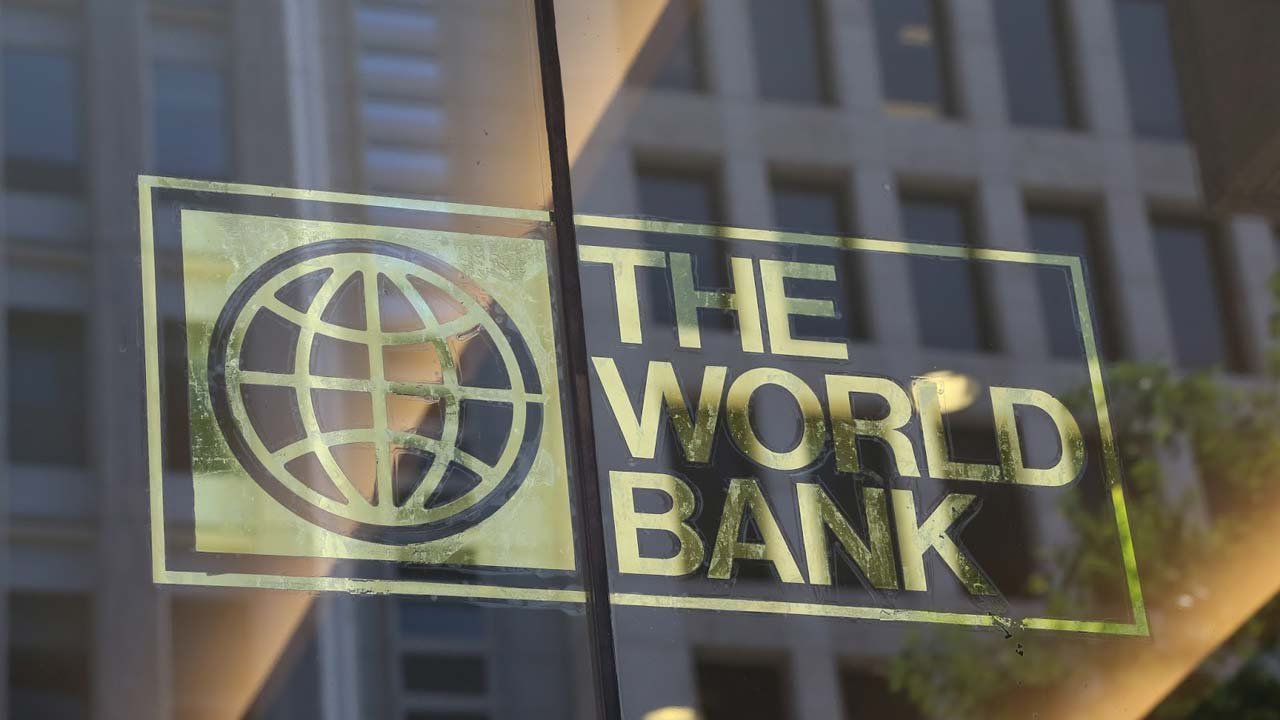As against the 2.1 per cent growth projected by the World Bank in the Nigerian economy, the International Monetary Fund (IMF) has projected 2.5 per cent growth for it.
The IMF projection, as contained in its January Global Economic Outlook, released recently, covers two-year growth target.
The IMF prediction is 0.4 per cent higher than 2.1 per cent projected by the World Bank for three years: 2020 – 2023.
The World Bank report was captured in its January Global Economic Prospects released on January 8.
It, however, described the country’s macroeconomic framework as not “conducive to confidence”, adding that the macroeconomic framework is characterised by multiple exchange rates, foreign exchange restrictions and persistent inflation.
In the report titled: “Tentative stabilisation, sluggish recovery”, signed by Gita Gopinath, an Economic Counsellor and Director of the Research Department at the Fund, the IMF said the Nigerian economy will grow at 2.5 per cent this year and the next.
According to the Fund, the economy grew 1.9 per cent in 2018 and 2.3 per cent last year.
The IMF report said in sub-Saharan Africa, growth is expected to strengthen to 3.5 percent in 2020 to 2021 from 3.3 per cent last year.
The projection is 0.1 percentage point lower than in the October World Economic Outlook for 2020 and 0.2 percentage point weaker for 2021.
It further stated: “reflects downward revisions for South Africa (where structural constraints and deteriorating public finances are holding back business confidence and private investment) and for Ethiopia where public sector consolidation, needed to contain debt vulnerabilities, is expected to weigh on growth.”
It said global growth is projected to rise from an estimated 2.9 per cent last year to 3.3 per cent in 2020 and 3.4 per cent for 2021 a downward revision of 0.1 percentage point for last year and 2020 and 0.2 for 2021.
According to the IMF, low interest rates and reduced trade tensions will likely buoy the global economy over the next two years and help nurture steady if modest growth.
The IMF said emerging market economies in macroeconomic distress related to domestic imbalances would need to continue making the policy adjustments necessary for rebuilding confidence and putting in place the conditions for a return to stable and sustainable growth.
“In these contexts, ensuring adequate safety nets to protect the vulnerable remains critical within overall existing constraints, the report said.






























































